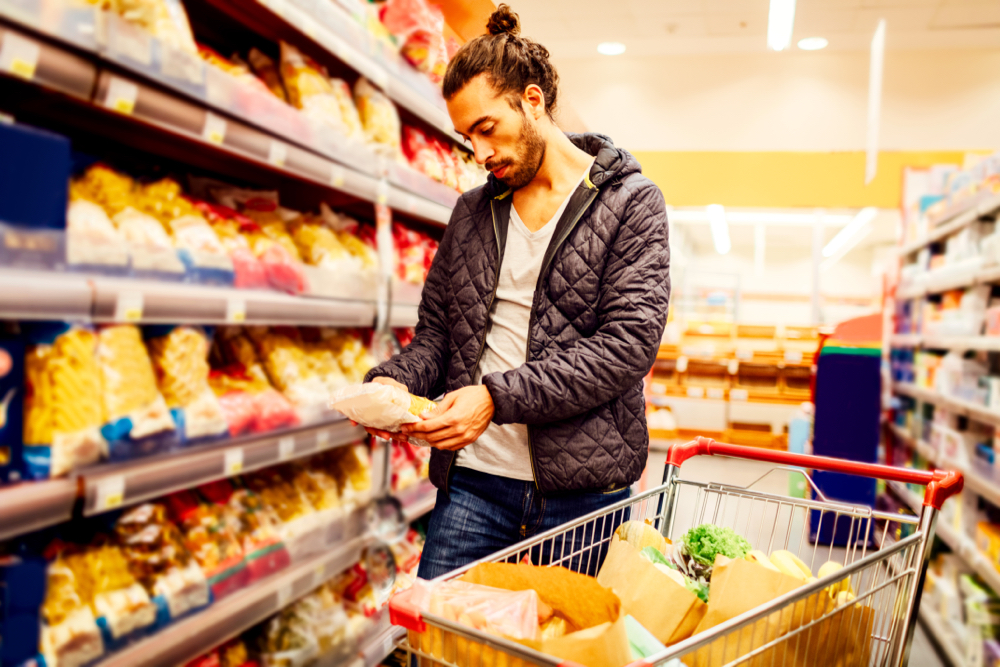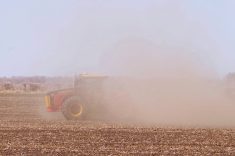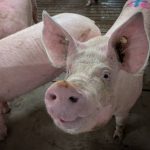It wasn’t a good week if you’re a consumer on a tight budget and that group includes most of us. Consumers are under attack right now, literally.
We’ve just learned that Canada’s food inflation rate was at a record 9.7 per cent in May. Everyone is noticing higher food prices, and no section of the grocery store is immune to what is going on right now.
What is hitting Canada is a global phenomenon and food prices are not going to come down any time soon. The world will see a shortfall in commodity production this fall, which could push prices even higher worldwide. Supply chain issues, coupled with a new inflationary cycle triggered by the Ukrainian conflict, are impacting the food industry’s ability to fill shelves.
Read Also

OPINION: Ag Days 2026 moved talk from trade anxiety to tactics
Farmers, speakers and exhibitors at Manitoba Ag Days 2026 were again talking trade uncertainty and tariffs, but this year’s tone felt more proactive.
The shift is so incredibly sharp, many vendors can’t agree with grocers on pricing, pushing them to put their business on hold, as we saw with Frito Lay and Loblaws earlier this year. There are many stop-sells out there.
The macroeconomic picture is one thing. But some policies in Canada are just making things worse. The Canadian Dairy Commission (CDC), a Crown corporation, believed a second milk price increase was necessary for dairy farmers. Earlier last week, we learned that milk prices on the farm will rise again by 2.5 per cent, after a record increase of 8.4 per cent in February. The increase this winter was so severe that most dairy alternatives are now either priced the same as milk or lower. This time, Dairy Farmers of Canada, one of the most powerful lobby groups in the country, requested another mid-year increase due to “exceptional circumstances,” without telling us where the data is coming from.
To add insult to injury, the commission’s decision to raise milk prices was made by a federal public body operating for several months without its full complement on the board. The board only has two members – two – and both are in dairy farming. Conflicts of interest in the dairy sector are rampant at the commission, in politics or even in academia.
Many scholars in Canadian universities are not just researchers but essentially advocates for their funding agencies representing the dairy industry.
More Canadians would empathize with dairy farmers who face higher costs of production, if only the commission would share more data. The lack of disclosure is very much about asking Canadians to support an inefficient dairy sector, more than properly compensating farmers. But now, by fall, this newly announced increase will price the dairy section at the grocery store out of the market and we stand to lose many more dairy farms.
Ottawa is the consumer’s worst enemy right now. It needs to think through some of these ill-timed policies. Minister Freeland’s so-called anti-inflation plan won’t do much at the grocery store. Many were hoping for tax breaks, anything to ease our fiscal burden, as many countries have done so in recent months. But Freeland opted to make a ‘microwave’ announcement, basically ‘reheating’ programs that are already in place.
Recently, the NATO secretary general claimed the war in Ukraine could last years. However regrettable this assessment may be, this is what Ottawa needs to focus on.
Farmers need help with inputs to prepare for fall, winter, and next spring. Ottawa should also become one of the world’s most influential trade advocates and prevent other countries from hoarding food.
More nationalistic protectionism can only make things worse.
– Sylvain Charlebois is professor of food distribution and policy and senior director of the Agri-Food Analytics Lab, Dalhousie University.















